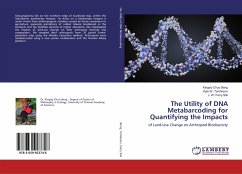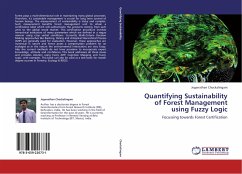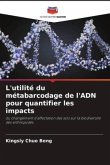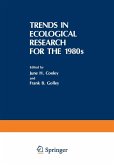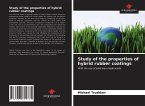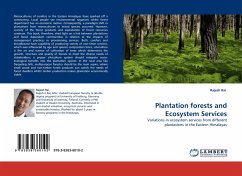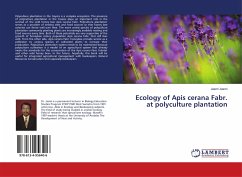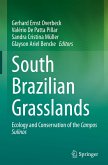Xishuangbanna lies on the northern edge of Southeast Asia, within the Indo-Burma biodiversity hotspot. Its status as a biodiversity hotspot is under threat from anthropogenic activities caused by forest conversion to agriculture, especially plantations of rubber (Hevea brasiliensis) in the lowlands and tea (Camillia sinensis) at higher elevations. We investigated the impacts of land-use change on litter arthropod diversity and composition. We sampled litter arthropods from 35 paired forest-plantation sites using the Winkler extraction method. Arthropods were metabarcoded using a new primer combination and the Illumina Miseq platform.
Bitte wählen Sie Ihr Anliegen aus.
Rechnungen
Retourenschein anfordern
Bestellstatus
Storno

